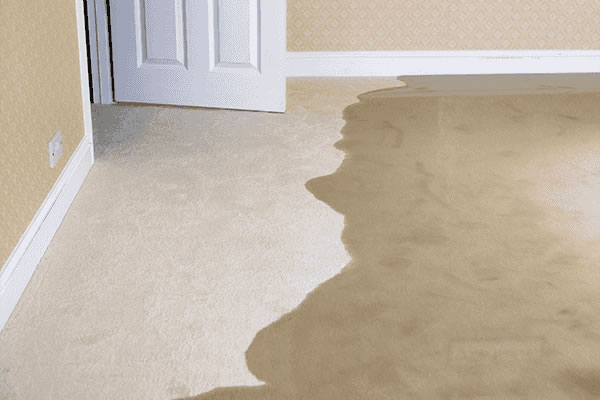
24 Hour Emergency Plumbing & Services
4.8 / 5 Ratings based on 584 reviews Great Plumbers, Great Reviews
Get $25 OFF This Monday
404-629-9478

24 Hour Emergency Plumbing & Services
4.8 / 5 Ratings based on 584 reviews Great Plumbers, Great Reviews
Get $25 OFF This Monday
404-629-9478
While some leaks are obvious and easy to detect, others are hidden inside walls, underneath a home’s foundation, in ceilings, and beneath appliances. Unfortunately, many people don’t notice these leaks until it’s too late. Hidden leaks can cause serious damage to your home if not repaired in a timely manner. In addition to causing extensive damage to your home, a water leak can raise your water bill. The Environmental Protection Agency estimates that the average household in the U.S. can waste up to 11,000 gallons of water per year just through hidden leaks. Early leak detection can save you money and prevent damage to your property.

In this blog post, New Era Plumbing discusses six ways to find hidden plumbing leaks in your home.
Your water meter can confirm your fears of a hidden plumbing leak in your home. To conduct a water meter test, turn off all water-using appliances and faucets and make sure that no one is using water during the test. This includes washing machines, dishwashers, and irrigation systems. Allow a few hours to pass without using any water in your home. If the meter reading has changed despite no water usage, it indicates a potential leak in your plumbing system. Even a small change can be a sign of a hidden leak.
Your water bills can sometimes give you hints about a possible hidden leak somewhere in your plumbing system. Your water bills should remain within the same range if your water usage hasn’t changed. Compare current bills with previous ones to identify any unusual spikes in consumption. A sudden and unexplained increase in your water bills may indicate a hidden leak.
Quietly listen for the sound of running water when no faucets or appliances are in use. If you hear water running, it could be a sign of a concealed leak.
Some toilet leaks can be elusive. A leaky toilet can waste several hundred gallons of water if not identified and fixed early enough. One of the most effective ways to detect a toilet leak is to conduct a toilet dye test. Add a few drops of food coloring to the toilet tank and wait 10 minutes. If the color appears in the bowl without flushing, there may be a leak.
A sudden drop in water pressure can be caused by many things, but the common culprit is a hidden plumbing leak. If you open a faucet and it produces a trickle rather than a stream, you could be having a hidden leak. The normal residential water pressure should range between 30 and 60 psi. If your water pressure falls below or exceeds this range, get in touch with a nearby plumbing service for a professional diagnosis.
Sometimes, all it takes to identify a hidden plumbing leak is a simple visual inspection. Look for water stains, mold, or mildew on walls, ceilings, and floors. Also, check for warped or discolored areas, as these could be signs of water damage.
If you suspect that you have a leak in your home, you need to call a trusted plumbing service for leak detection and repair. At New Era Plumbing, we have top-of-the-line tools and the expertise to locate all types of leaks and provide you with reliable solutions. Whether it be a slab leak or a water heater leak, we have what it takes to provide you with a long-lasting solution.
Gas leaks are a severe safety issue that can endanger your property…
No matter which system we are talking about…